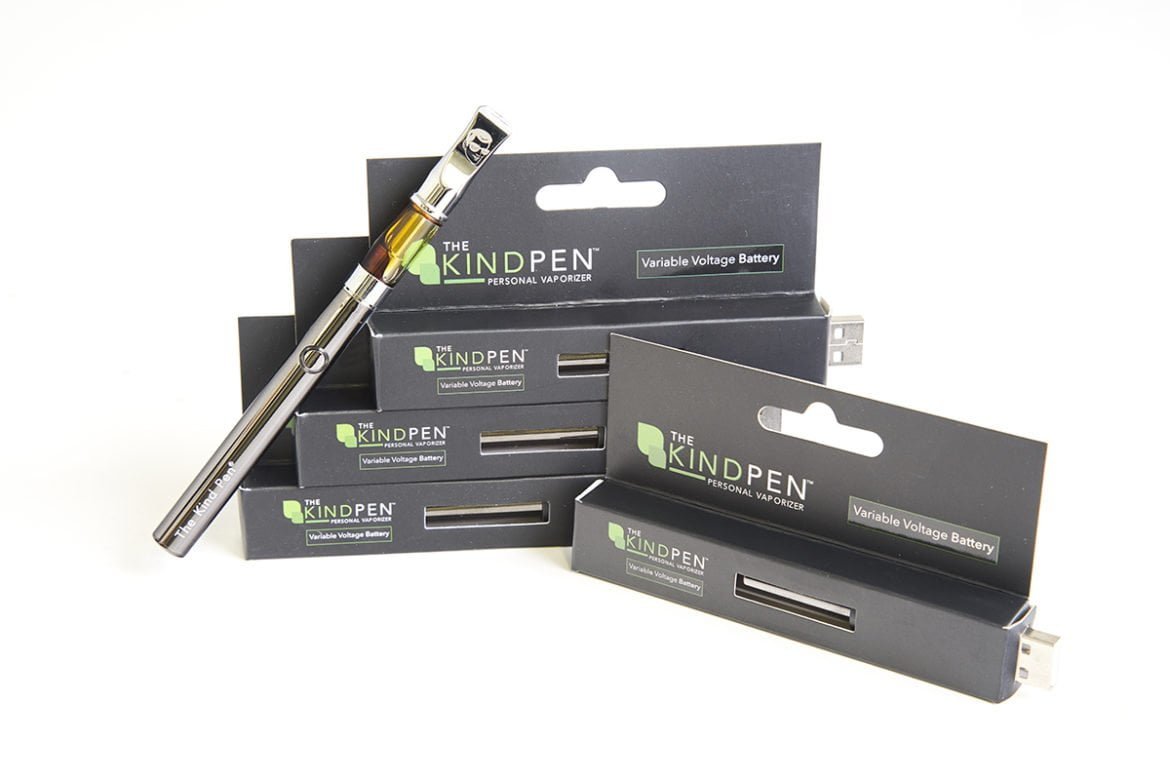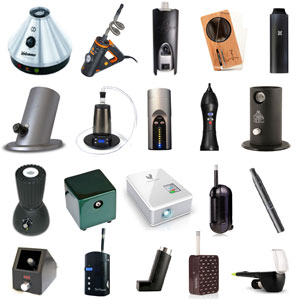
Full Answer
How long do disposable vapes last?
How Long Do Disposable Vapes Last? The average disposable vape generally lasts anywhere from 200 to 400 puffs. It is often noted that 400 puffs from a vape is the equivalent of 20 cigarettes. The most common battery size of disposable vapes is 280mAh, but they can range all the way up to 850mAh.
How many puffs does the Cube Zero vape last?
The Cube comes with a huge 1600mAh battery containing 11ml of nic salt juice and can last over 3000 puffs. It also comes as a zero-nicotine disposable vape called the Cube Zero. Now that is impressive for a disposable vape! But is it the best? Which Disposable Vape is Best for Battery Life & Puffs?
How many puffs does a disposable vape pen produce?
Or the ElfBar 2000 with a 1200mAh battery 6.5ml of juice delivering 2000 puffs per disposable vape pen. However when it comes to the best battery range and puffs it their BC range that is the cream of the crop.
What are the best disposable vapes for beginners?
ElfBar is one of the best starter kit brands when it comes to disposable vapes they have an incredible range of disposables catering to any type of vaper. Some of the more popular ElfBar disposable vapes are the ElfBar NC600 with a 400mAh, 2ml of juice delivering 600 Puffs per individual bar.

Are vapers at high risk of COVID-19?
People who use vapes or e-cigarettes -- no matter what's in them -- may be more likely to get the coronavirus for many of the same reasons as smokers, such as having lower immunity and touching their faces more. Research also suggests that the aerosols from e-cigarettes irritate and hurt lung cells.
Are smokers more likely to develop severe disease with COVID-19?
Tobacco smoking is a known risk factor for many respiratory infections and increases the severity of respiratory diseases. A review of studies by public health experts convened by WHO on 29 April 2020 found that smokers are more likely to develop severe disease with COVID-19, compared to non-smokers.
Am I at risk for serious complications from COVID-19 if I smoke cigarettes?
Yes. Data shows that when compared to never smokers, cigarette smoking increases the risk of more severe illness from COVID-19, which could result in hospitalization, the need for intensive care, or even death.
How can smokers reduce the risk of a severe case of COVID-19?
Quit smoking and vaping if you can.
How could smoking affect COVID-19?
COVID-19 is an infectious disease that primarily attacks the lungs. Smoking impairs lung function making it harder for the body to fight off coronaviruses and other diseases.
Which groups of people are at increased risks of severe illness from COVID-19?
Among adults, the risk for severe illness from COVID-19 increases with age, with older adults at highest risk. Severe illness means that the person with COVID-19 may require hospitalization, intensive care, or a ventilator to help them breathe, or they may even die. People of any age with certain underlying medical conditions are also at increased risk for severe illness from SARS-CoV-2 infection.
What does the WHO recommend for tobacco users during the COVID-19 pandemic?
See full answerGiven the risks to health that tobacco use causes, WHO recommends quitting tobacco use. Quitting will help your lungs and heart to work better from the moment you stop. Within 20 minutes of quitting, elevated heart rate and blood pressure drop. After 12 hours, the carbon monoxide level in the bloodstream drops to normal. Within 2-12 weeks, circulation improves and lung function increases. After 1-9 months, coughing and shortness of breath decrease. Quitting will help to protect your loved ones, especially children, from exposure to second-hand smoke. WHO recommends the use of proven interventions such as toll-free quit lines, mobile text-messaging cessation programmes, and nicotine replacement therapies (NRTs), among others, for quitting tobacco use.
Which organ system is most often affected by COVID-19?
COVID-19 is a disease caused by SARS-CoV-2 that can trigger what doctors call a respiratory tract infection. It can affect your upper respiratory tract (sinuses, nose, and throat) or lower respiratory tract (windpipe and lungs).
Can COVID-19 damage organs?
COVID-19 can cause lasting damage to multiple organs, including the lungs, heart, kidneys, liver and brain. SARS CoV-2 first affects the lungs through the nasal passages. When the lungs are severely affected, it can affect the heart.
What are some of the things you can do to lower your chances of getting or spreading COVID-19?
Wash your hands well and often. Use hand sanitizer when you’re not near soap and water.Try not to touch your face.Wear a face mask when you go out.Follow your community guidelines for staying home.When you do go out in public, leave at least 6 feet of space between you and others.
Why are people with diabetes developed more severe disease when infected with COVID-19?
In people with diabetes there is more inflammation in the body. And so, with COVID, that inflammatory state gets worse much more quickly, so that could be one reason. The second reason is people with diabetes may be more prone to having problems with their circulation.
Can COVID-19 spread through sexual intercourse?
Although COVID-19 has been detected in semen and feces, currently we do not think that the virus is spread through the sexual act. But, given that the virus is spread through respiratory droplets—which are much more likely to be shared when in close contact with another person—many sexual acts will be considered high risk. So, as the New York City Department of Health details in its safer sex and COVID-19 fact sheet, minimizing risks by exploring other avenues of meaningful interaction is suggested and recommended.
What Is a Vape Atomizer?
An atomizer is also often referred to as an atomizer coil or vape coil. This coil is made from a small piece of resistance wire, which (when powered by the vaporizer battery) heats up the wick that is coated in e-liquid, creating delicious, flavored vapor.
What Factors Determine How Long an Atomizer Coil Lasts?
An atomizer coil’s lifespan depends on a few different factors, with one of the most important simply being how often you vape. The more often you use the coil on a daily basis, the shorter you can expect its lifespan to be – makes sense, right? Other affecting factors include:
How Do I Clean My Vape Atomizer?
Regular cleaning is a good way to keep your atomizer in good condition, and is easy as giving it a 10-15-minute soak in hot soapy water. Allow it to dry overnight (shake out excess water), and you are good to go.
How Do You Know an Atomizer Coil Is Burning Out?
The first sign that your coil is headed towards burnout is a decrease in your vapor production. It is normal for vapor to slowly reduce over the life of the coil, so expect this with any atomizer. The next sign will probably be a poor flavor or a burned taste, as well as leaking or odd gurgling noises.
How Frequently Should I Replace My Vape Atomizer Coils?
Based on the varying factors involved in coil life, there is no perfect answer to this question. For heavy vapers, you can expect to replace your coil after 5 to 7 days; moderate vapers can estimate close to 2 weeks, and very light vapers (think a few hits per day) could have coils that last as long as three weeks.
Upgrade Your Atomizer and Other Vape Accessories Today
Now that you know all the basics of atomizers, you may be realizing that it’s time to replace some part of yours. Before you start shopping, keep in mind that starting with high-quality products is the first step you can take in getting the best life length of your products, earning you excellent return on your investment.
By Dr. Harriet Burge
Many activities that occur indoors generate bioaerosols. A few of the well-documented ones include: sweeping, dusting, vacuuming, bed making, disturbing moldy food or other moldy surfaces, and many others. In addition, opening windows in the summer, while not actually generating aerosols, does allow outdoor aerosols to enter freely.
Dr. Harriet Burge
Dr. Harriet Burge is EMLab P&K's Director of Aerobiology and Chair of EMLab P&K's Scientific Advisory Board. Widely considered the leading expert in indoor air quality (IAQ), Dr. Burge pioneered the field more than 30 years ago.
